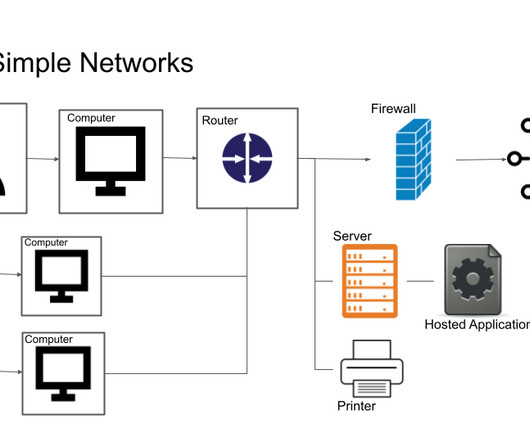‘Undeletable’ Malware Shows Up in Yet Another Android Device
Threatpost
JULY 9, 2020
Researchers have found trojans and adware in preinstalled apps on a low-cost device distributed by the government-funded Lifeline Assistance Program.

Threatpost
JULY 9, 2020
Researchers have found trojans and adware in preinstalled apps on a low-cost device distributed by the government-funded Lifeline Assistance Program.

Threatpost
JANUARY 10, 2020
A Virgin Mobile-branded phone distributed by Assurance Wireless to low-income U.S. citizens has a trojan pre-installed that can download additional malware.
This site is protected by reCAPTCHA and the Google Privacy Policy and Terms of Service apply.

Malwarebytes
FEBRUARY 16, 2021
of all Mac detections in 2020—the rest can be attributed to Potentially Unwanted Programs (PUPs) and Adware ThiefQuest tricked many researchers into believing it was the first example of ransomware on macOS since 2017, but the malware was hiding its real activity of massive data exfiltration.

eSecurity Planet
OCTOBER 26, 2023
Strange Pop-Up Window Messages Unwanted pop-up advertisements or messages that display even while you are not surfing the internet might indicate the presence of adware or other types of malware. Remove Pop-Up Ads Pop-up ads are often a result of adware, a type of malware. Frequent freezes can be a sign that something is amiss too.

Spinone
MARCH 20, 2019
These can include viruses, trojans, worms, spyware and adware. Wireless Networks The networked world we live in today is becoming inherently more “wireless” than ever with connectivity options to various networks presented to end-users and company employees wherever they go.

eSecurity Planet
MARCH 14, 2023
Connections still encompass hard-wired physical switches and routers, but also now include wireless cellular networks, wi-fi networks, virtual networks, cloud networks, and internet connections. Specialized wireless IPS (wIPS) solutions focus on securing wi-fi networks. or network traffic.

Malwarebytes
APRIL 11, 2023
There are many categories of malware that cybercriminals could install through juice jacking, including adware, cryptominers, ransomware, spyware, or Trojans. This way, hackers could gather more and varied data, such as GPS locations, purchases made, social media interactions, photos, call logs, and other ongoing processes.
Let's personalize your content